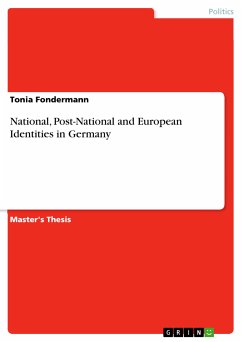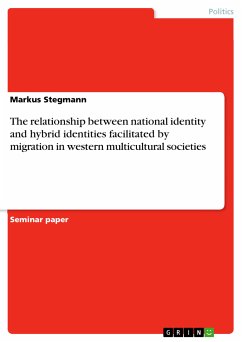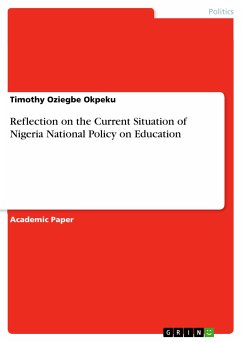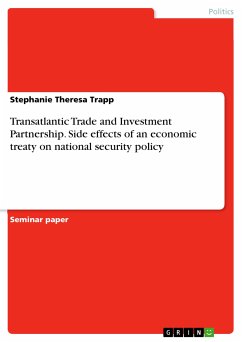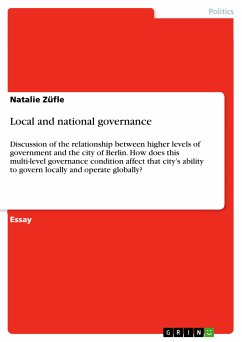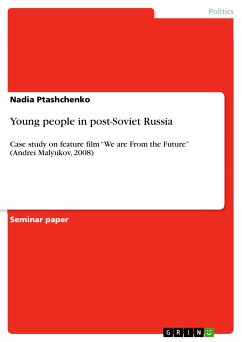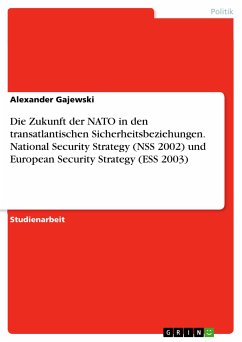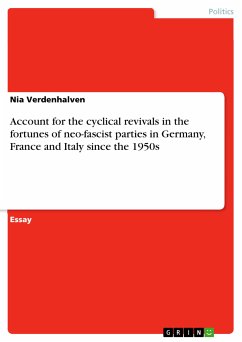Master's Thesis from the year 2006 in the subject Politics - Topic: European Union, grade: 1,5, Free University of Berlin, language: English, abstract: Globalization and in particular Europeanization have brought about several significant changes in the anarchical system of nation states. More and more non-state actors are entering the international arena and are influencing political outcomes in ways that were unthinkable a few years ago. Consequently the state has to cope with a rapid dissolution of its powers. The rules of state sovereignty, which went basically unchallenged from the 17thuntil the 20thcentury, are now put under great pressure. Traditional concepts of statehood and state sovereignty -that is, the final right of decision- are called into question. Telecommunication and media have long crossed borders, financial markets are globalized, and non-governmental organizations are influencing political agendas. Viewing states as the single most important actors in an anarchical international system today, as has been done in the field of International Relations by neorealists like Waltz in the 1970s and 1980s2, ignores the changes taking place all around us today. As state sovereignty in Europe is increasingly challenged it is perfectly legitimate to wonder about another phenomenon tightly connected to and almost as old as the nation state itself, that is nationalism. The end of nationalism has often been proclaimed alongside with the rise of globalization, transnational activities, multi-culturalism and cosmopolitan ways of life. In the years following the demise of the Nazi regime and then again after the breakup of the Soviet Union, nationalism was even considered a hazard to be avoided. Later, when the former Yugoslavia started to fall apart, this antinationalist discourse gained vehemence. Already in 1955 Erich Fromm said with regards to nationalism: This incestuous fixation not only poinsons the relationship of the individual to the stranger, but to the members of his own clan and to himself. The person who has not freed himself from the ties to blood and soil is not yet fully born as a human being…Nationalism is our form of incest [and] insanity…
Bitte wählen Sie Ihr Anliegen aus.
Rechnungen
Retourenschein anfordern
Bestellstatus
Storno

